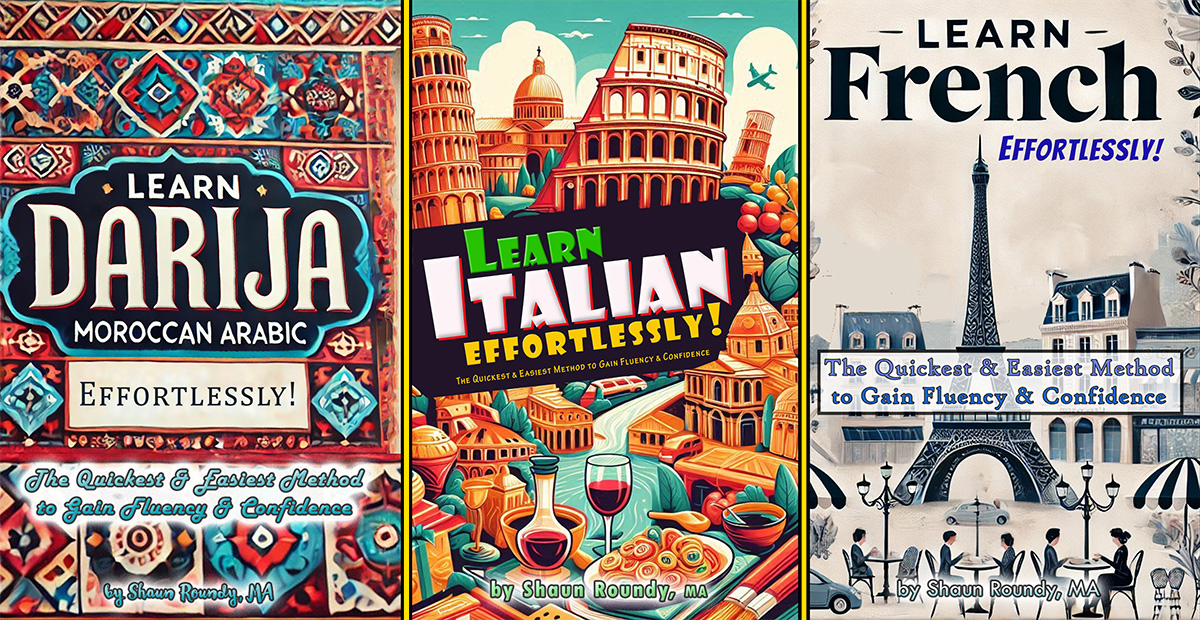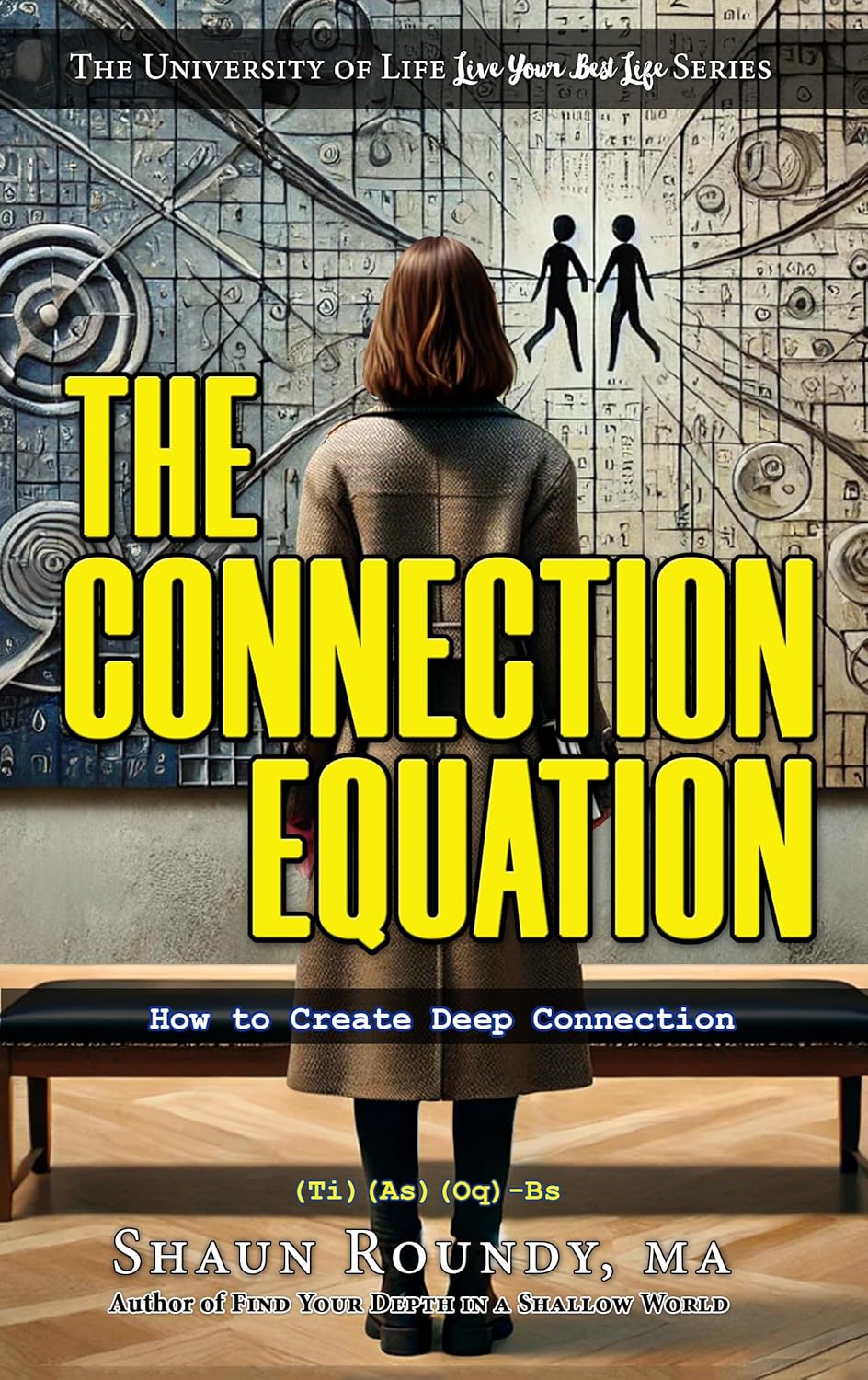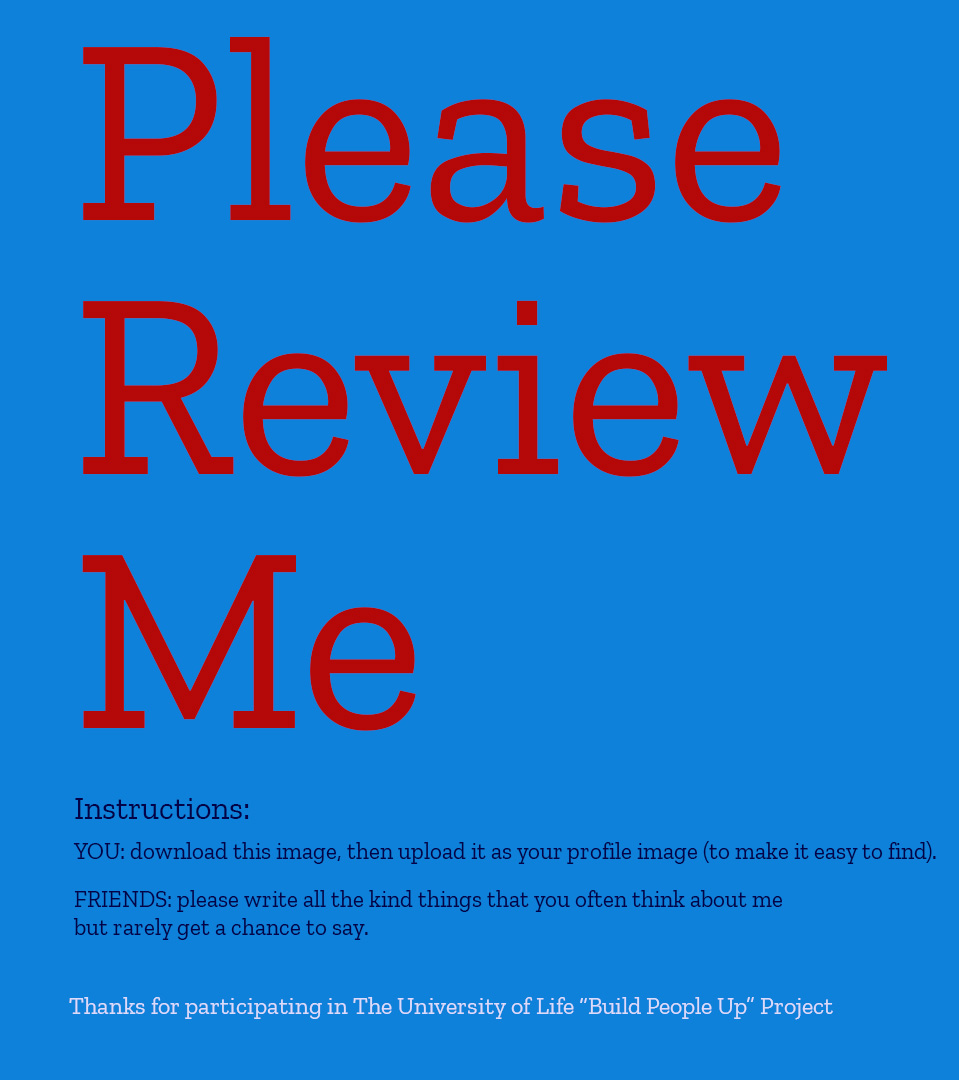Romantic love is one of the most powerful forces on earth, and because it’s also quite complex and confusing, several common styles of counterfeits exist.
First, let’s review the Top Three reasons why we’re collectively so confused about romantic love:
- People don’t understand their emotions. They’re like a foreign language that most people only speak a few words of: happy, sad, angry, frustrated, etc.
When a complex, nuanced emotion like romantic love comes along, they feel it but don’t begin to understand what it’s saying. - People didn’t have good examples to learn from, and therefore they haven’t fully matured, and this affects their actions, needs, and expectations in a relationship.
- Hollywood and The Marketers use romantic love to sell films and products, and while they’re fun to watch and nice to have, their portrayals of what love is and how it works is extremely over-simplified and skewed.
- Sexual conquest is often considered “manly” or a power trip. Sexual fulfillment, regardless of whether it contains a shred of love, is often sold as happiness and contentment – and it is, briefly, until reality rears its inconvnenient head.
Now let’s list some common limited, incomplete versions of romantic love:
- “Accept me as I am!” If a child doesn’t receive enough unconditional love when growing up, s/he may fail to internalize it, and thus require others to demonstrate that they’re perfect just as they are.
Are they really perfect? Of course not! No one is. The trick is to be imperfect yet still feel perfectly worthy of being loved and secure.
S/he may make him/herself weak in a bid to win love due to his/her helplessness. - “Rescue me!” If a child doesn’t receive enough conditional love – or approval for doing a good job – when growing up, s/he may not feel competent and dream for a knight in shining armor or beautiful princess to save her/him.
S/he may avoid taking personal responsibility for life rather than face the daunting voices in his/her head chanting that s/he’s not competent and that things are too hard and will never work anyway. - Needy/neurotic love. When someone doesn’t know how to love his/herself and desperately needs to be loved, s/he may resort to various forms of manipulation to bind a lover to her/him.
This may include intimidation, playing the victim, and demeaning his/her partner to keep them weak and needy in return. - Attraction & sex appeal alone. Yes, it feels good. Yes, it makes you crave him/her. But if you don’t care about them, if you’re not interested in them, if the connection doesn’t go beyond your sexual appetite, then it’s not love and it won’t last. When it fails, it will bring misery and possibly heart ache.
These distortions of romantic love may seem romantic. They may seem cute and adorable, and neediness may be interpreted as devotion. There may not be much joy and spiritual growth in such relationships, but at least there’s a degree of twisted security.
If such relationships seek stasis rather than encouraging growth, that makes them the opposite of love.
 Healthy relationships, on the other hand, require each partner to stand on their own two feet. Someone else’s love can’t live your life for you.
Healthy relationships, on the other hand, require each partner to stand on their own two feet. Someone else’s love can’t live your life for you.
Sometimes each person will need help, and lending a hand will strengthen the relationship. But in general, each individual respects healthy boundaries and takes responsibility for their own feelings and actions.
SLIDER
Where do you fall on the “Romantic Love Counterfeits” love slider?
| 1: HELP ME! SOMEBODY SAVE ME! I NEED YOU TO TAKE CARE OF ME! And if you try to escape my clutch, I’ll fall to pieces and guilt you back or get angry or cry for months or kill myself and IT WILL BE ALL YOUR FAULT! THEN YOU’LL BE SORRY!! | 3: Yes, I know I’m needy or controlling, but that’s just the way I am! Some people like me this way! And change is too hard, so forget it. | 5: Ouch! The truth hurts! I know I’m needy or controlling or something, but I’d like to grow up and get better at this love thing! | 7: Maybe I lean on my partner a little too much sometimes, but we’re both working hard and tackling life’s challenges together. | 10: I feel perfectly free to be myself, express my feelings, enjoy my independence, share my life with my partner without letting them take over too much, and trust that my partner will appreciate it! |
11. Going to extremes: I don’t let others help me with anything I can do for myself. It makes me uncomfortable. I feel disrespected. Or I don’t dare rely on anyone because then they’ll get tired of me and leave. Because of this, I keep people at a distance and we don’t enjoy the loving, trusting, mutually supportive connection that love is supposed to include.
FOR DISCUSSION
Few people are perfectly mature in love, so what limitations do you have? Do you ever feel needy or controlling? How much is too much?
How well does it work to be needy or controlling? How would your relationship change if you worked at being less so? How would you go about that?
HOMEWORK
Whenever you do something well or put in a good effort, give yourself credit for your competence and remind yourself that you can handle life.
Whenever you do something poorly, remind yourself that you’re still worthy of love, then catch your breath and get up and try again!









Leave a Reply